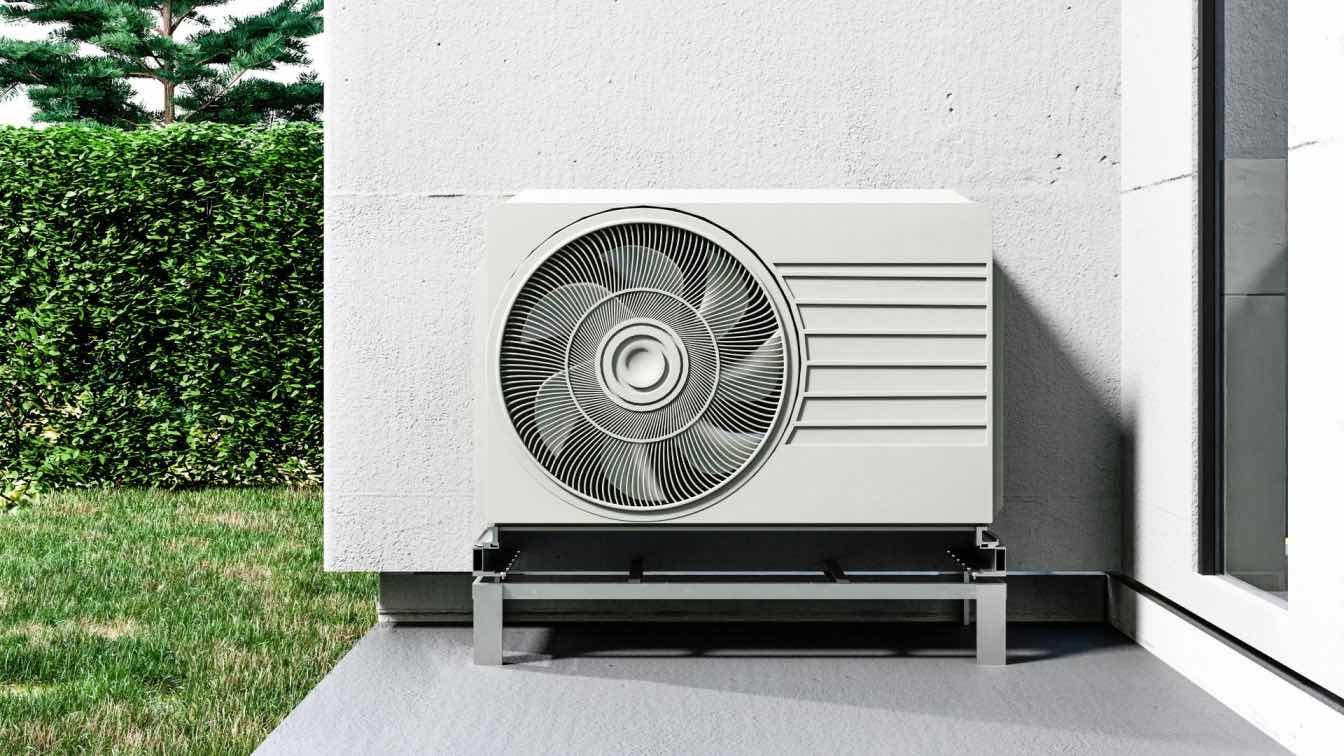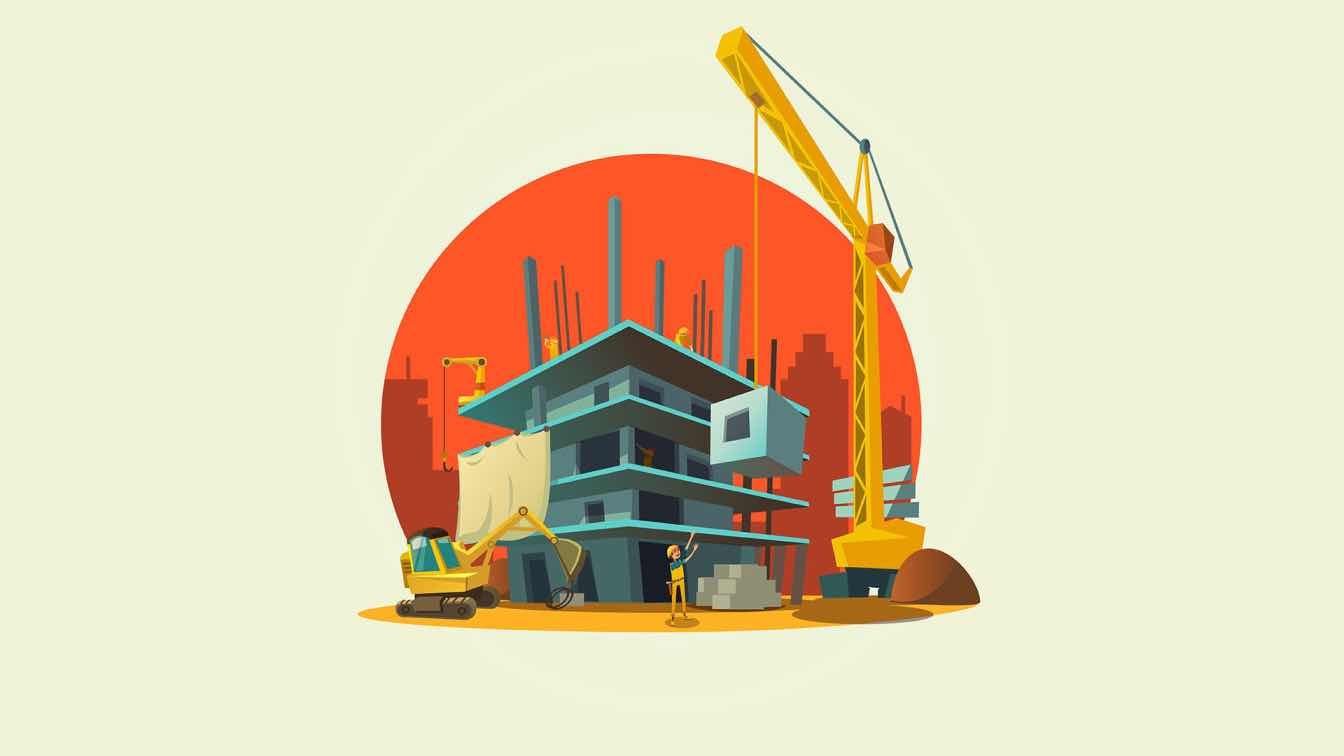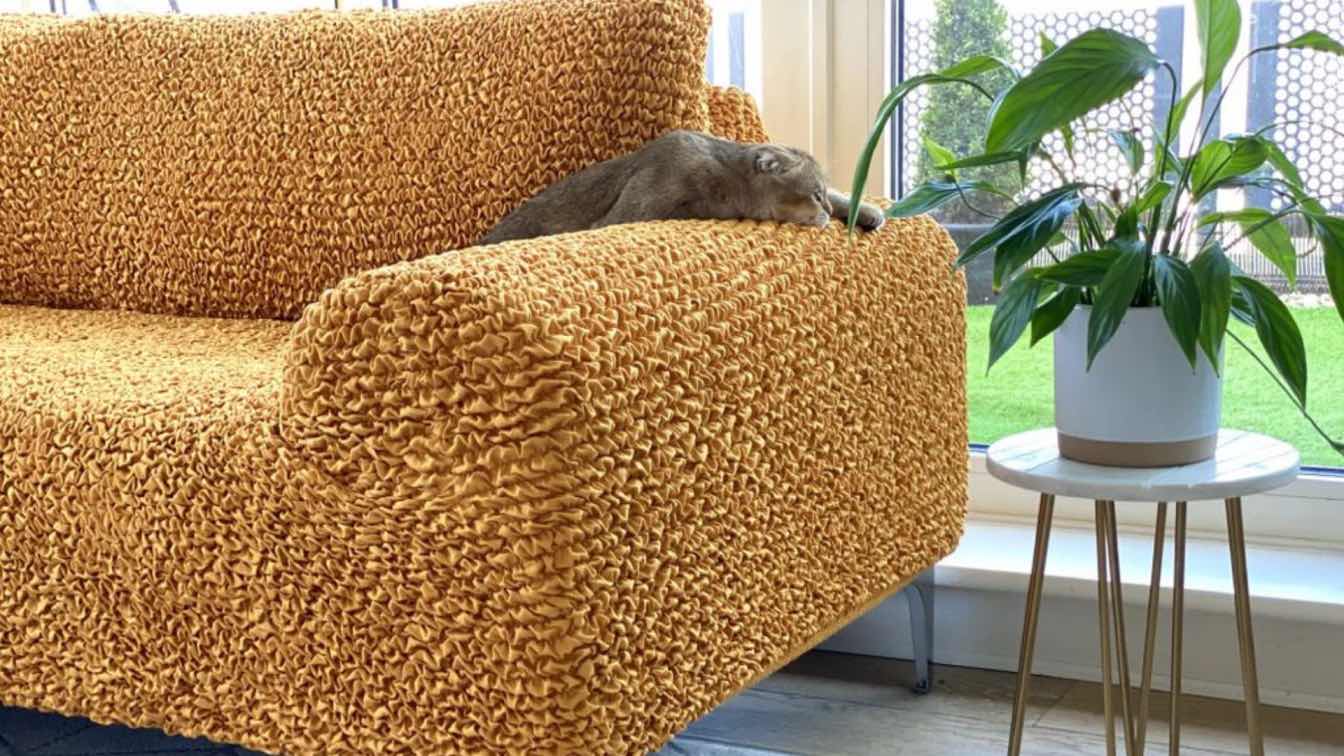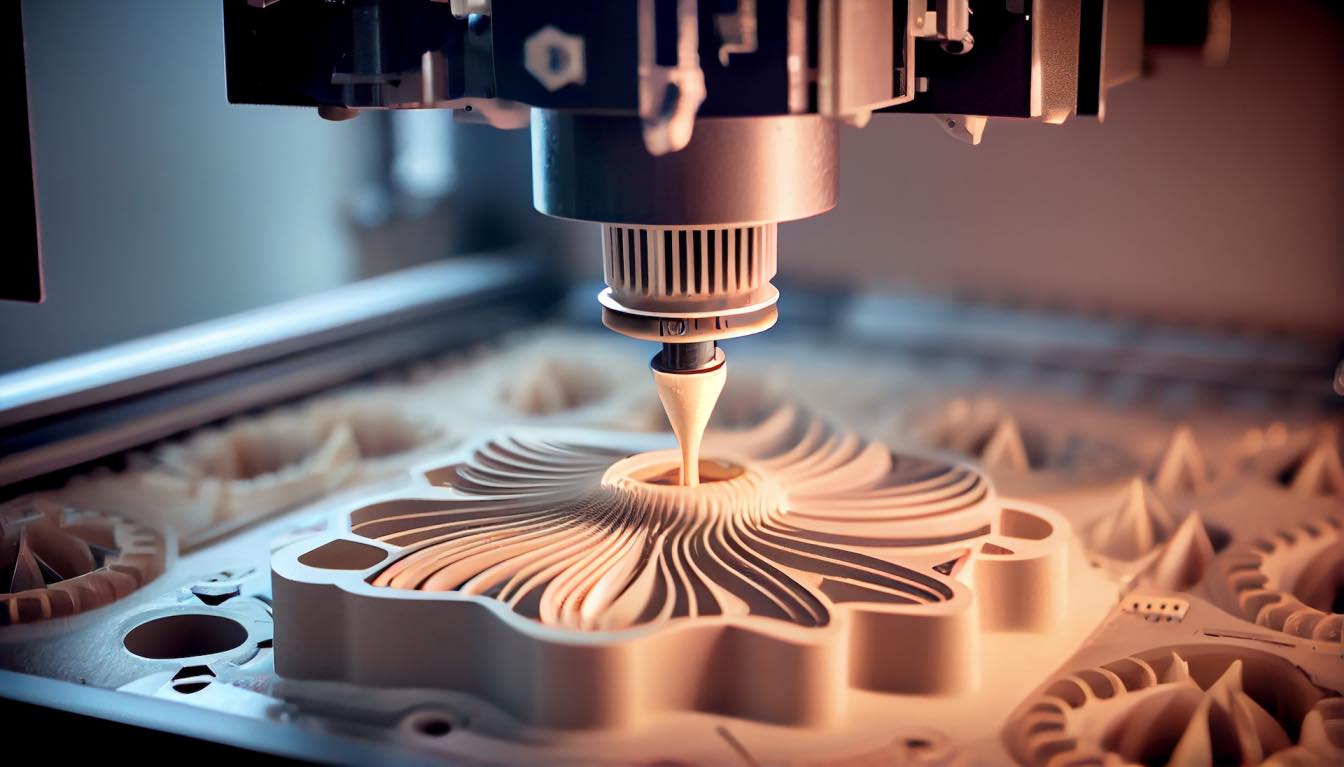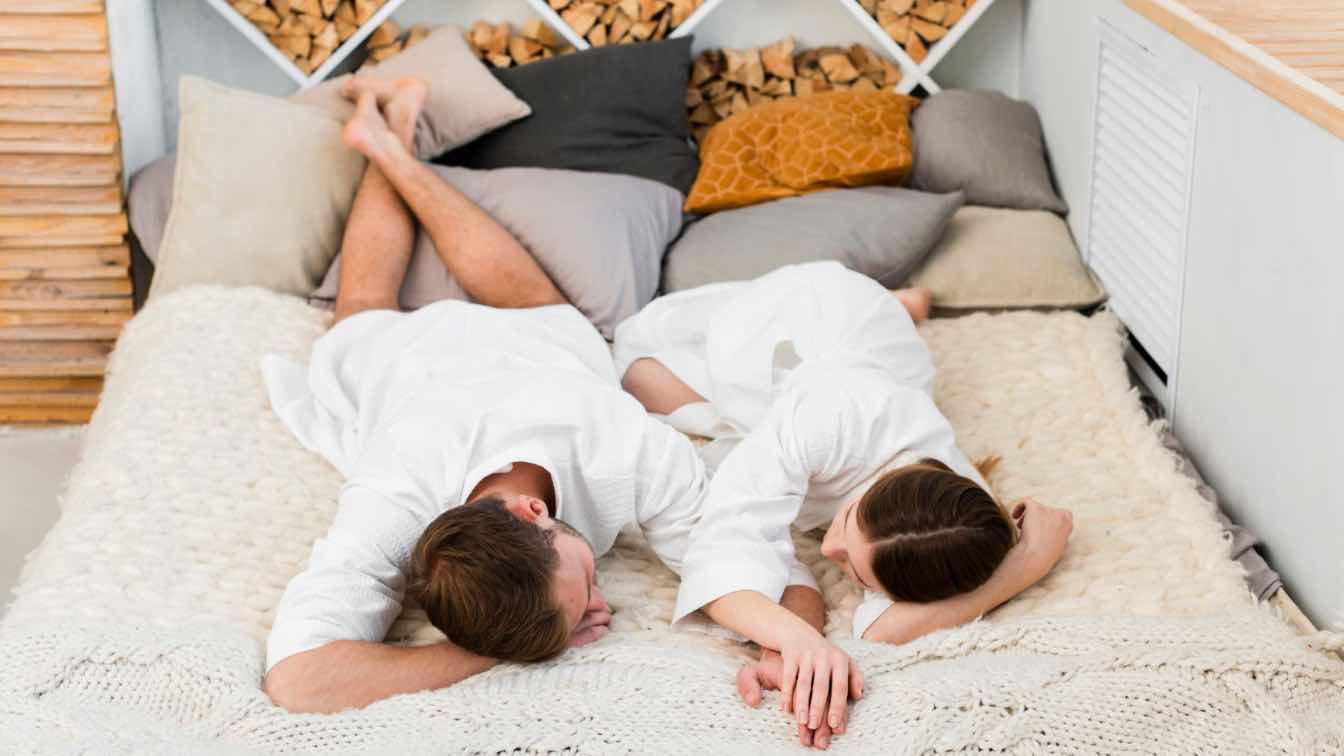Split heat pumps are an increasingly popular solution for heating and cooling homes due to their energy efficiency, versatility, and environmental benefits. This comprehensive guide will explore how split heat pumps work, their advantages, and how to maximize their efficiency in your home.
Understanding Split Heat Pumps
Split heat pumps consist of two main components: an outdoor unit and an indoor unit. The outdoor unit houses the compressor and the condenser, while the indoor unit contains the evaporator coil and an air handler. These units work together to transfer heat from one place to another, providing both heating and cooling capabilities.
In heating mode, the heat pump extracts heat from the outside air and transfers it indoors. Conversely, in cooling mode, it removes heat from the indoor air and releases it outside. This process is highly energy-efficient because it moves heat rather than generating it through combustion or electrical resistance.
Benefits of Split Heat Pumps
1. Energy Efficiency: Split heat pumps are known for their high efficiency, often achieving a coefficient of performance (COP) of 3 or higher. This means they can produce three units of heat for every unit of electricity consumed.
2. Cost Savings: The efficiency of heat pumps translates to lower energy bills compared to traditional heating and cooling systems. Over time, the savings can offset the initial investment.
3. Environmentally Friendly: Since split heat pumps rely on electricity and do not burn fossil fuels, they produce fewer greenhouse gas emissions.
4. Versatility: These systems provide both heating and cooling, making them suitable for year-round comfort.
5. Zoning Capability: Split heat pumps can be configured to control the temperature of different zones in a home independently, enhancing comfort and reducing energy use.
Tips for Maximizing Efficiency
To ensure you get the most out of your split heat pump, consider the following tips:
1. Proper Sizing: Ensure that your heat pump is appropriately sized for your home. An oversized or undersized unit can lead to inefficiency and increased wear and tear.
2. Regular Maintenance: Keep your system in top condition by scheduling regular maintenance checks. This includes cleaning or replacing filters, checking refrigerant levels, and ensuring the outdoor unit is free from debris.
3. Optimize Thermostat Settings: Use programmable or smart thermostats to adjust temperatures according to your schedule. This can prevent unnecessary heating or cooling when no one is home.
4. Seal and Insulate: Ensure your home is well-insulated and that there are no leaks around windows and doors. This reduces the workload on your heat pump and enhances overall efficiency.
5. Consider Supplemental Heating: In extremely cold climates, a supplemental heating source may be necessary. This can be integrated with your heat pump to ensure efficiency and comfort.
Common Misconceptions
There are several misconceptions about split heat pumps that can deter homeowners from making the switch. One common myth is that heat pumps are ineffective in cold climates. Modern heat pumps are designed to operate efficiently even in temperatures well below freezing. Additionally, some believe that heat pumps are noisy. However, advancements in technology have made them quieter than ever.
Choosing the Right System
When selecting a split heat pump, consider factors such as the size of your home, your climate, and your specific heating and cooling needs. Consulting with a professional can help you make an informed decision. Look for units with high Seasonal Energy Efficiency Ratio (SEER) and Heating Seasonal Performance Factor (HSPF) ratings for optimal performance.
Installation Considerations
Proper installation is crucial for the efficient operation of your split heat pump. Ensure that the outdoor unit is placed in a well-ventilated area, away from obstructions. The indoor unit should be installed in a central location to facilitate even distribution of air. Professional installation by a qualified technician is recommended to avoid common pitfalls and ensure the system operates at peak efficiency.
The Future of Heating and Cooling
As technology advances, split heat pumps are becoming even more efficient and user-friendly. Innovations such as variable-speed compressors and smart home integration are enhancing their performance and convenience. By investing in a split heat pump, you are not only improving your home's comfort but also contributing to a more sustainable future.
In conclusion, split heat pumps offer an efficient and eco-friendly solution for heating and cooling your home. By understanding how they work, their benefits, and how to maintain them, you can maximize their efficiency and enjoy significant cost savings. Whether you are looking to upgrade your current system or are building a new home, split heat pumps are a smart investment.
For more comfort during your leisure time, consider incorporating a high-quality pillow like Zamat to ensure you enjoy the perfect environment both day and night.

